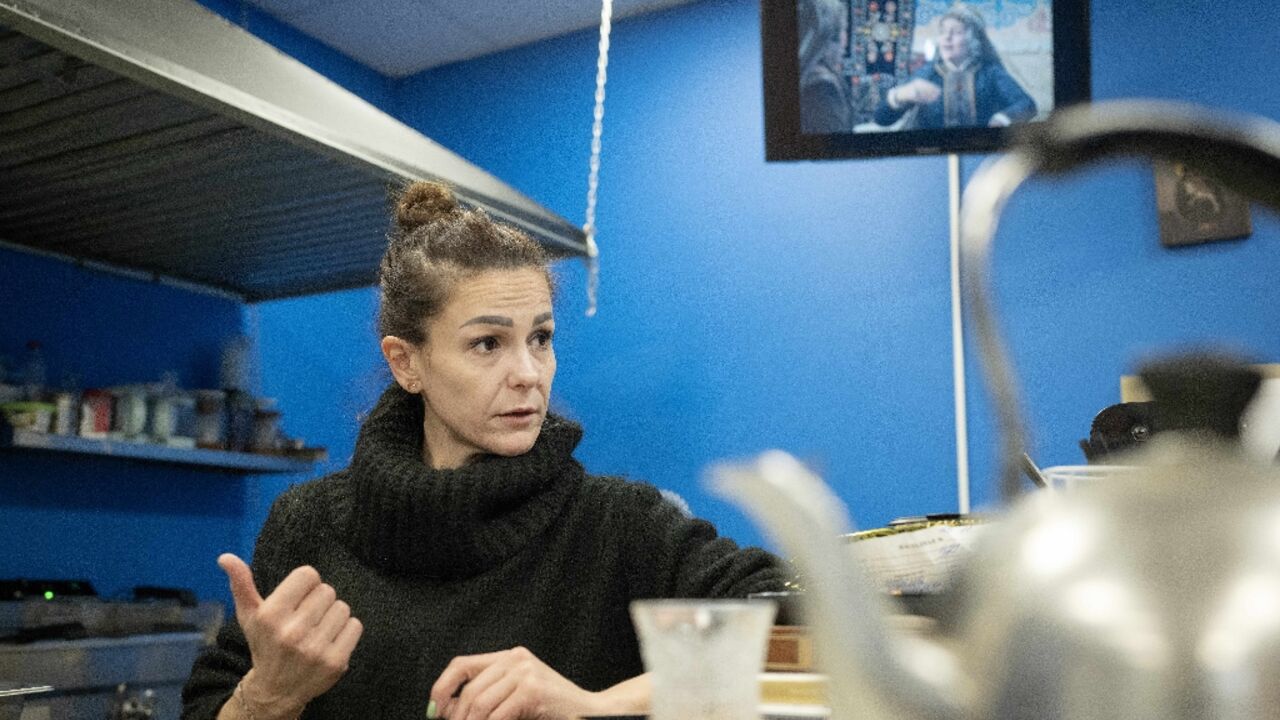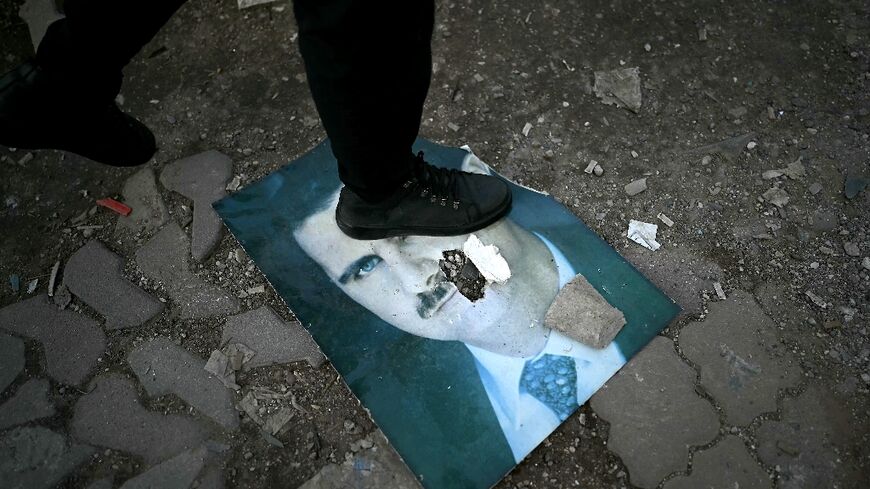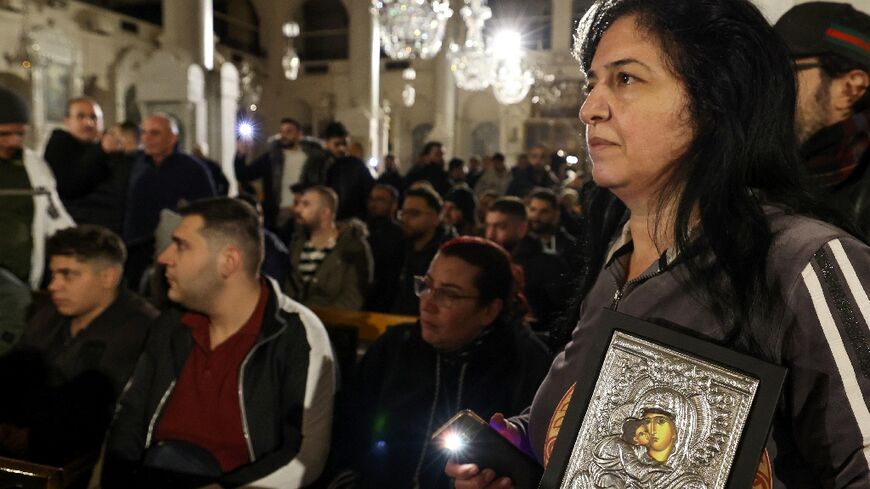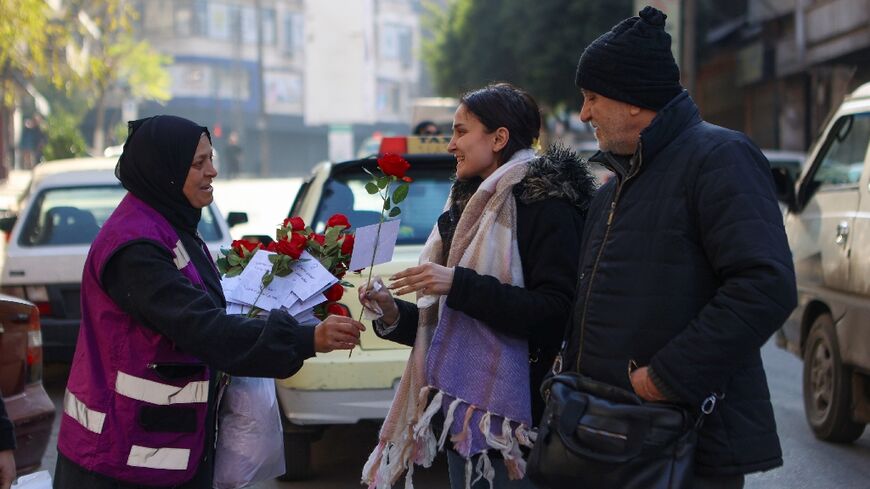Syrians in Moscow share concerns after fall of Assad

Georgina Deiratani, a Syrian Christian who has lived in Moscow for over two decades, says she is still in shock at the ouster of president Bashar al-Assad and his escape to Russia.
"Everybody is saying 'congratulations'," said the 37-year-old, one of several thousand Syrians estimated to be living in the Russian capital.
"But for me this is the end of Syria."
She remembers growing up in a country where different communities lived in harmony, but makes no mention of the brutality of the half-century dictatorship of Assad and his father before him.
"We lived well together," said Deiratani, a doctor who moved to Moscow with her Russian mother after the death of her father.
"I would wish my friends a happy Ramadan and they would wish me a happy Christmas."
Deiratani said the collapse of the dictatorship in just a few days was also a shock for her because Islamist rebels are now in charge.
The Islamist group Hayat Tahrir al-Sham and allied rebels ousted Assad earlier this month.
The radical Sunni Islamist group has been proscribed as a terrorist organisation by Western governments including the United States and Britain.
It has recently sought to moderate its rhetoric and assure the international community that religious and other minorities will be protected.
But Deiratani was not convinced. "A terrorist is still a terrorist whatever their organisation," she said. She was "very afraid" for the fate of fellow Christians in Syria, she added.
- 'Everybody is afraid' -
Russia has strong ties with Syria going back to the Soviet era.
The Syrian community in Russia numbered around 7,000 people in 2017, including 2,000 who requested asylum, according to the latest available official data.
Ali, a 33-year-old engineer who has been living in Moscow for two years, said he was also concerned.
"Those who are now in power in Syria are on a terrorist list and there is a big danger for Syrian minorities," he said.
Originally from Latakia, the heartland of the Assad family in western Syria, Ali belongs to the toppled president's Alawite minority -- an offshoot of Shiite Islam.
Ali said he did not want to give his full name for fear of repercussions for his parents, who still live in Syria.
"Everybody is afraid in Latakia," he said.
"They've taken down the statues of Bashar al-Assad's father Hafez and destroyed his tomb. They are trying to scare people and saying that they will not stop there," Ali said.
Ali said he understood the anger against Assad, who has not been seen since he fled to Moscow as the rebels entered Damascus.
"We are not trying to hide the crimes of the old regime... It was a machine to extort money from the population," he said.
"Soldiers were living in misery... It was not surprising they did not want to fight for him."
Dieratani said Assad was a "wild animal" but Syrians "learned to live according to his rules.
"What can we expect now? A second Afghanistan?" she said.
"Then goodbye to my homeland forever."






